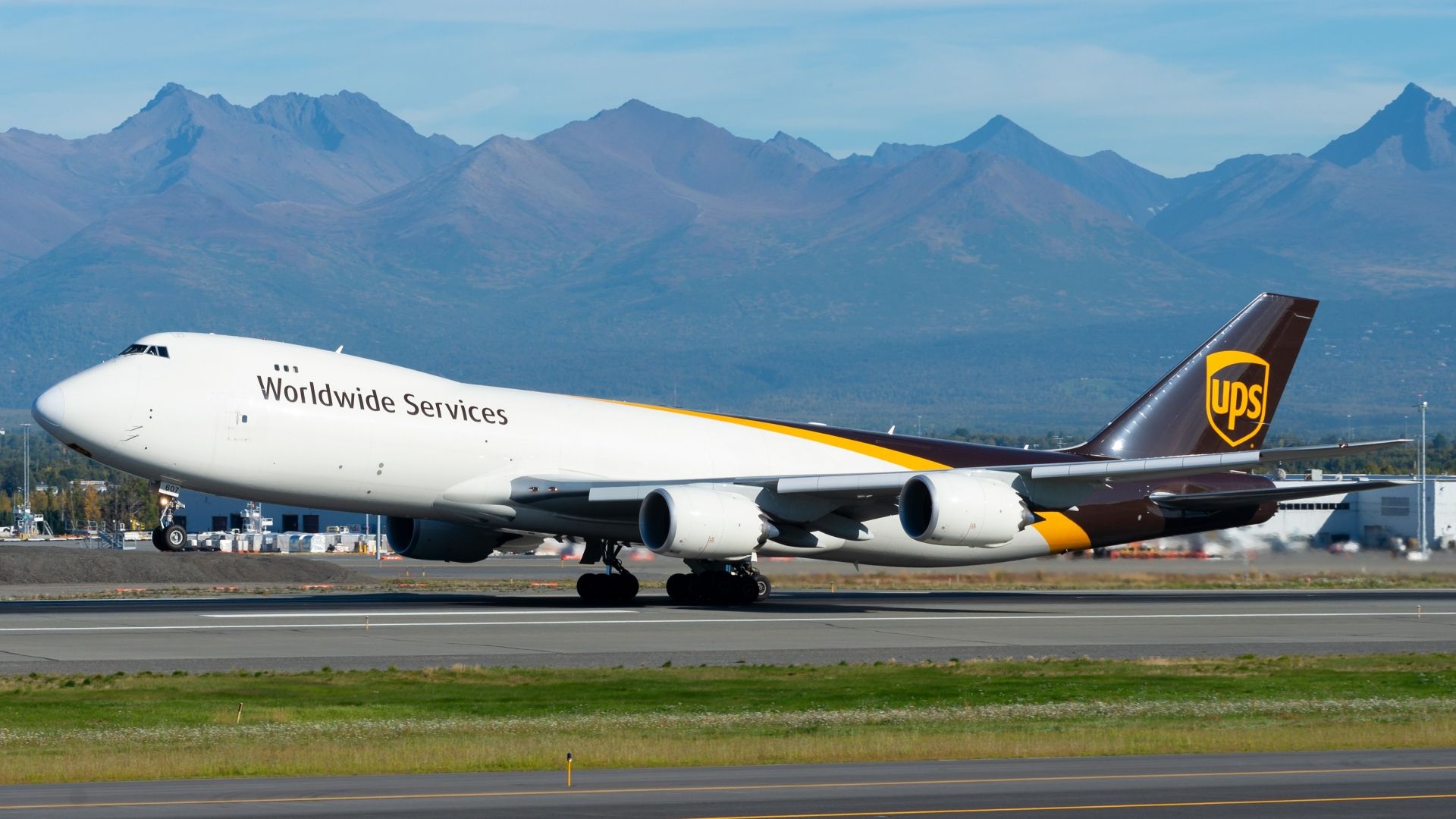The Boeing 747, an aircraft renowned for its distinctive hump and remarkable passenger capacity, continues to play a significant role in the aviation industry, particularly in cargo transport. As of 2025, the longest nonstop route operated by this iconic aircraft connects Louisville Muhammad Ali International Airport (SDF) in Kentucky to Al Maktoum International Airport (DWC) in Dubai, covering an impressive distance of approximately 7,700 miles (12,400 km). This journey, primarily operated by UPS Airlines, takes between 13 and 14 hours to complete.
Details of the UPS Airlines Service
UPS Flight 76, a dedicated cargo service, exemplifies the Boeing 747’s adaptability and efficiency. This nonstop route links UPS Worldport, the airline’s main cargo terminal, to Dubai, a vital hub for international trade. The flight is made possible by the Boeing 747-8F, which boasts extended range capabilities and high payload capacities, allowing for the transport of significant volumes of freight.
The flight’s routing typically arcs northeast across the United States and Canada, entering the North Atlantic Organized Track System before traversing European airspace. It then navigates through Turkish airspace and the Middle East, avoiding Russian and Iranian airspace due to operational restrictions. The aircraft’s ability to ascend to around 30,000 feet (9,100 meters) helps manage varying wind conditions, optimizing flight time.
UPS has established itself as a leader in cargo transport, operating one of the largest fleets of Boeing 747 freighters in the world. Currently, the airline has 41 Boeing 747 freighters in service, with an average age of approximately 11.5 years. Of these, 29 are the latest 747-8F models, capable of carrying around 135 tons of freight per flight.
The Role of the Boeing 747 in UPS’s Fleet
The Boeing 747 has long been a cornerstone of UPS’s operations. Historically, the airline has operated numerous variants of the 747, including the earlier 747-100 and 747-200 models, now retired. Currently, the 747-8F serves as the backbone of UPS’s long-haul operations, providing a perfect balance of range and capacity.
UPS’s operational strategy revolves around a hub-and-spoke network centered in Louisville, which allows the airline to consolidate its operations and minimize costs. This strategy enhances asset utilization and ensures timely deliveries across its global network. The 747’s versatility enables UPS to deploy these aircraft efficiently on both domestic and international routes, particularly during peak seasons when demand surges.
Despite the challenges faced by passenger airlines in maintaining the 747 in their fleets, the aircraft remains a vital asset for cargo operations. Its exceptional fuel efficiency, especially for a quad-engine aircraft, and its unique cargo capabilities, like the nose-opening door, make it indispensable for moving oversized freight across long distances.
As the aviation industry evolves, the Boeing 747 continues to stand out, especially in the cargo sector. Its robust design and operational flexibility ensure it remains a key player in global logistics. With the longest nonstop cargo route in operation, the 747-8F exemplifies how the aircraft adapts to meet the growing demands of international trade. This iconic aircraft is set to retain its status as a mainstay in cargo transportation well into the future.
